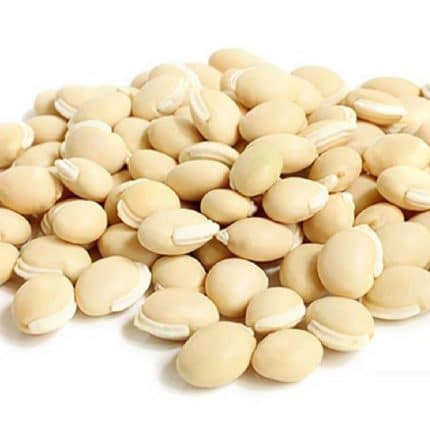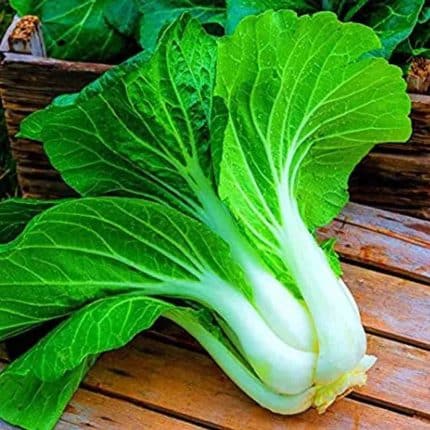Introduction
India, with its rich agricultural heritage and diverse climatic conditions, has long been a global hub for food production. At the heart of this agricultural tapestry lies the humble yet indispensable element—vegetable seeds. Beyond their role as tiny germinators, vegetable seeds wield immense importance and have a broad scope that extends across various facets of India’s agricultural landscape.
1. The Backbone of Agriculture:
Vegetable seeds are the backbone of Indian agriculture, serving as the starting point for the cultivation of a wide array of crops. From the northern plains to the coastal regions of the south, these seeds are the catalysts that drive the production of nutrient-rich vegetables essential for the country’s diverse culinary traditions.
2. Addressing Nutritional Needs:
In a country where a substantial portion of the population relies on vegetarian diets, the importance of vegetable seeds in addressing nutritional needs cannot be overstated. These seeds give rise to crops that provide essential vitamins, minerals, and antioxidants, contributing to the overall health and well-being of millions.
3. Economic Empowerment:
The cultivation and trade of vegetable seeds form a significant component of India’s agricultural economy. Farmers, especially those in horticulture-rich states, find economic empowerment through the production and sale of high-quality vegetable seeds. This, in turn, contributes to rural development and livelihood enhancement.
4. Biodiversity and Environmental Resilience:
India’s agro-climatic diversity demands a wide range of vegetable varieties, and the scope of vegetable seeds extends to preserving biodiversity. Indigenous and heirloom seeds contribute to environmental resilience by promoting crop diversity, reducing dependence on chemical inputs, and fostering sustainable farming practices.
5. Adapting to Climate Change:
With the specter of climate change looming, the importance of resilient vegetable seeds cannot be ignored. Breeders and researchers are working tirelessly to develop varieties that can withstand erratic weather patterns, ensuring a stable food supply even in the face of environmental uncertainties.
6. Enhancing Culinary Heritage:
Vegetable seeds play a crucial role in preserving and enhancing India’s rich culinary heritage. From traditional regional vegetables to globally acclaimed spices, the scope of vegetable seeds extends beyond sustenance to cultural preservation and culinary innovation.
7. Access to High-Quality Seeds:
Ensuring farmers have access to high-quality organic seeds is pivotal for sustainable agriculture. Initiatives promoting seed banks, community seed exchanges, and government schemes are working towards democratizing access to superior vegetable seeds, especially among small-scale farmers.
8. Balancing Urban and Rural Needs:
As urbanization continues, vegetable seeds play a critical role in balancing the needs of both rural and urban populations. Urban farming initiatives, rooftop gardens, and community-supported agriculture projects rely on accessible and diverse vegetable seeds to meet the growing demand for fresh produce in urban centers.
Conclusion:
In the grand tapestry of Indian agriculture, vegetable seeds stand out as threads of growth, resilience, and sustenance. Their importance reaches far beyond the fields they populate, touching upon economic prosperity, nutritional well-being, and environmental sustainability. As India navigates the challenges and opportunities in the agricultural sector, the significance of vegetable seeds will only continue to grow, promising a future where every seed sown is a promise of a bountiful harvest and a healthier, more prosperous nation.
You May Also Like
-
Product on saleWhite Field Beans SeedsOriginal price was: ₹50.00.₹25.00Current price is: ₹25.00.
-
Product on saleChenopodium Album (Chakravarthini Keerai) SeedsOriginal price was: ₹60.00.₹25.00Current price is: ₹25.00.
-
Product on saleIndigo Flower SeedsOriginal price was: ₹90.00.₹39.00Current price is: ₹39.00.
-
Product on salePak Choi seedsOriginal price was: ₹100.00.₹49.00Current price is: ₹49.00.







